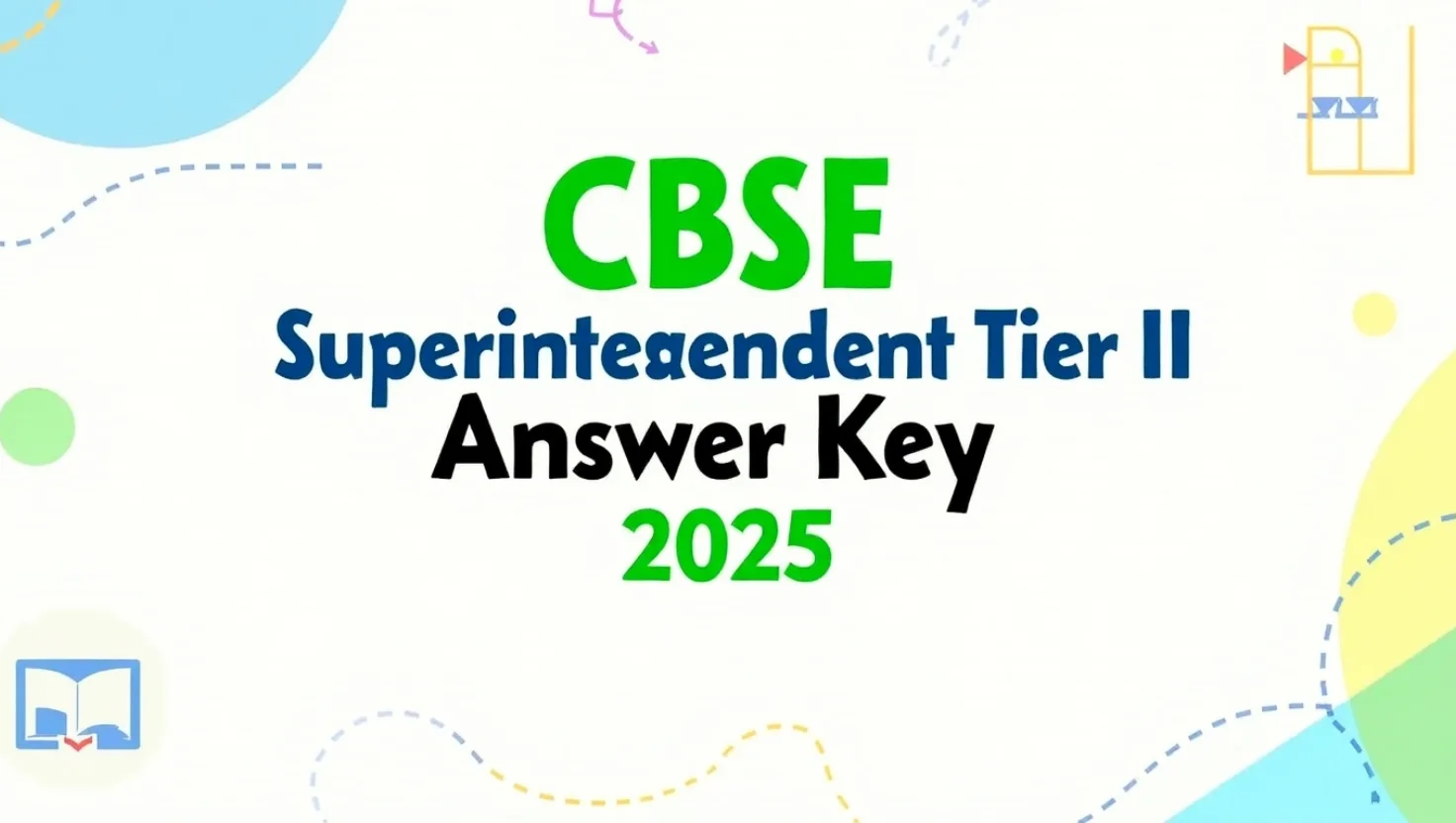The JEE Main 2018 Evening Shift Paper conducted on 15th April was part of the online exam session for engineering aspirants across the country. This computer-based test followed the standard format of 90 questions — 30 each from Physics, Chemistry and Mathematics — with a total of 360 marks. The evening slot is often overlooked by students who focus only on morning shift papers, but both are equally important for understanding paper trends and preparing smartly.
I’m writing about this specific paper because many students who attempted the evening shift later felt that some questions were conceptually different from the morning session. Solving this paper will help you explore a wider variety of problems and question framing. As someone who’s spent years helping students prepare for JEE, I can tell you that previous year papers are among the most reliable tools. They reflect the exact mindset of examiners and provide a deeper understanding of how concepts are tested, especially in an online environment where time and pressure management are crucial.
Exam Overview – 15th April 2018 Evening Shift
The exam was structured to test both depth and speed. Below is a quick glance at the format:
- Mode: Computer-Based Test (CBT)
- Total Questions: 90
- Physics – 30
- Chemistry – 30
- Mathematics – 30
- Marking Scheme: +4 for correct answers, -1 for wrong ones
- Total Marks: 360
- Duration: 3 hours
According to students who appeared in this shift, Chemistry was straightforward, Physics was slightly tricky and Mathematics was the lengthiest of the three.
Subject-Wise Analysis
Physics
Physics questions required strong conceptual clarity. Questions were mainly from Class 12 topics, with a few twisted problems in Mechanics and Modern Physics.
Key Topics Covered:
- Semiconductor Devices
- Magnetism & AC
- Laws of Motion
- Heat and Thermodynamics
Chemistry
The Chemistry section leaned heavily on NCERT content. Most of the questions were memory-based from Inorganic Chemistry and factual concepts in Organic and Physical Chemistry.
Important Topics:
- Periodic Table
- Organic Name Reactions
- Surface Chemistry
- Coordination Compounds
Mathematics
Maths was relatively lengthy, involving several steps of calculation. Time management played a crucial role. Many questions tested multiple concepts in a single problem.
Important Areas:
- Integration
- Matrices and Determinants
- Probability
- Conic Sections
Why You Should Solve This Paper
Many students focus only on morning shift or offline papers, but evening shift papers like this one give a more complete preparation experience. This particular paper had unique problem patterns, especially in Physics and Maths. If you’re aiming to score above 150 in JEE Main, then going through such papers can help you train your brain for unexpected twists and pattern recognition.
Solving the 15th April 2018 evening shift paper will also help those who are appearing in computer-based tests, as the pacing and question flow are quite different compared to pen-and-paper mode.
Download PDF
Click here to download the JEE Main 2018 Evening Shift Paper (15th April) PDF
(Replace this with your actual working link)
Final Thoughts
If you’re preparing seriously for JEE, then make it a habit to solve at least 8–10 previous year papers under timed conditions. The 15th April 2018 evening shift paper is one of the better ones to assess your real-time readiness. Don’t just solve it — analyse your mistakes, revisit weak topics and repeat. That’s how real improvement happens in JEE prep. Stay focused, practise smart and keep pushing forward.



















